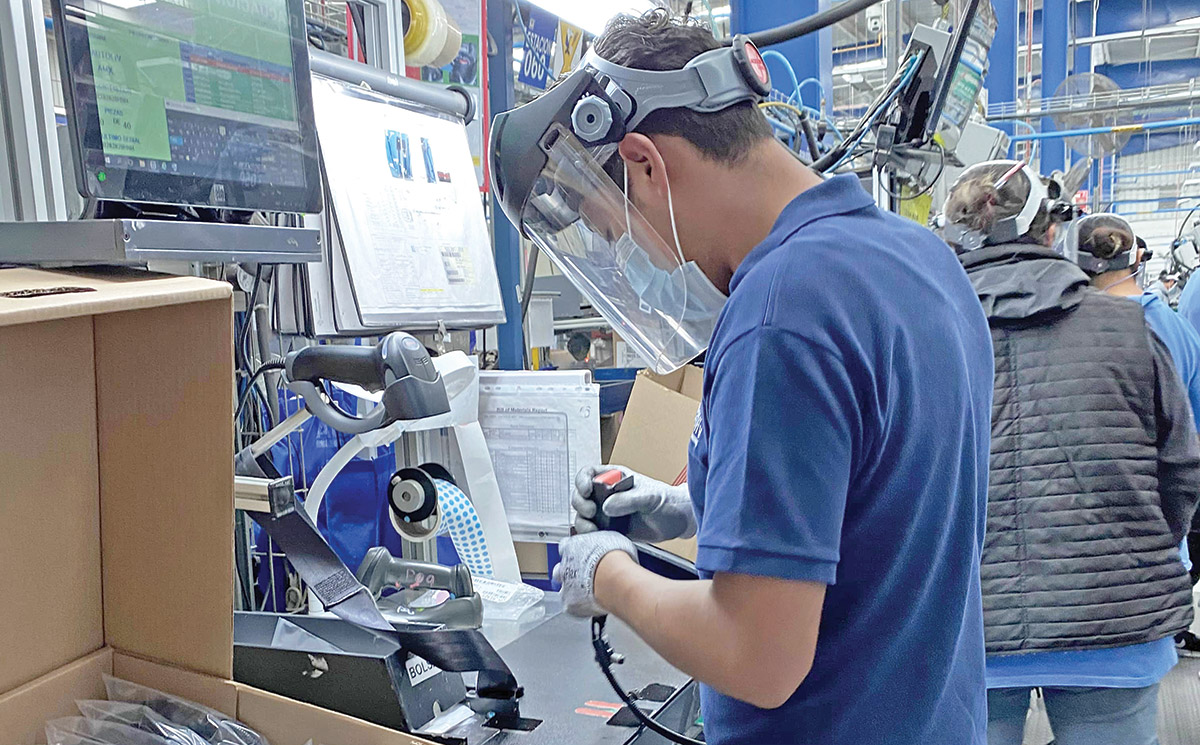Mexico’s latest amendment to the Customs Law reshapes the role of customs brokers by making them jointly liable for fiscal and operational compliance, according to the Northeast chapter of the Mexican Business Council for Foreign Trade (Comce). This shift introduces broader verification duties, higher exposure to risk and stricter rules for patent renewals, which will now be subject to 20-year terms with renewal under technical review.
Mexico’s economy relies heavily on foreign trade —about 83% of GDP— and customs brokers are central to oversight and revenue collection. The new framework requires them to validate documentation authenticity, ensure file consistency and report irregularities, with stronger consequences for non-compliance.
Industry representatives estimate that compliance and delay-related costs could rise by up to 5%, particularly in congested ports. Programs such as IMMEX and Strategic Bonded Facilities will face tighter criteria, potentially reducing their competitiveness.
While authorities frame the reform as a tool to reinforce collection and curb illicit practices, business groups caution that added bureaucracy may hinder operational efficiency and diverge from commitments under the USMCA.
Companies are encouraged to reinforce compliance systems, standardize documentation, align risk protocols with brokers and provision additional cost buffers to adapt to the new rules.
Source: T21




